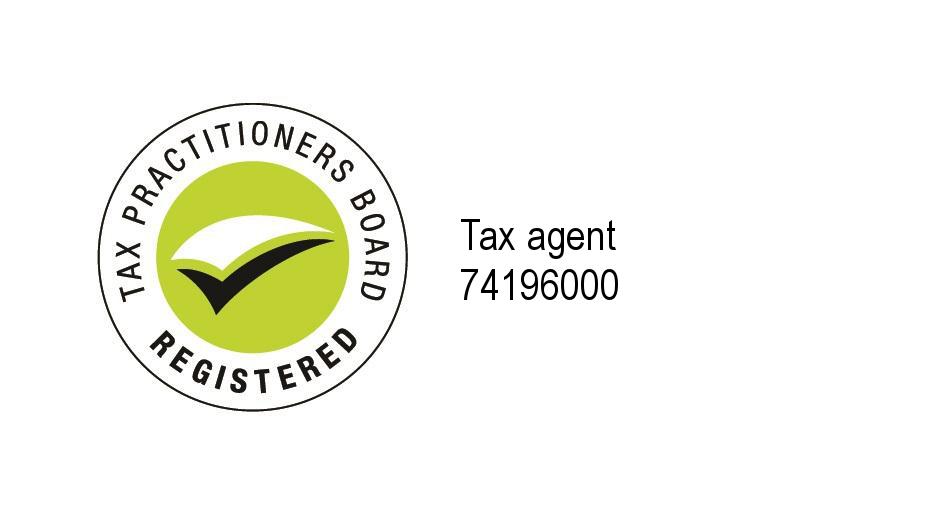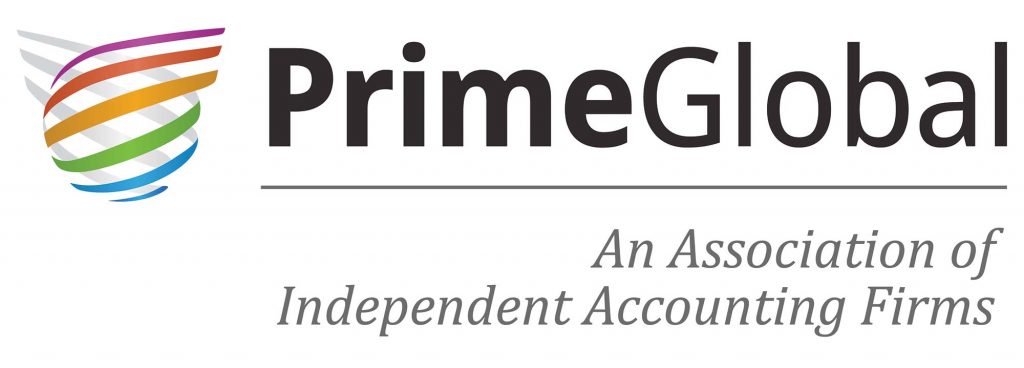Do you, or a client, have a discretionary trust that owns, has owned or intends to purchase ‘residential land’ in NSW? Alternatively, is there a discretionary trust that holds, held or intends to hold shares or units in a company or unit trust that owns, has owned or intends to purchase such land?
If so, you may need to consider whether action should be taken before 31 December 2020 in order for the discretionary trust, company or unit trust to avoid being subject to surcharge stamp duty and/or surcharge land tax.
Changes to the NSW stamp duty and land tax legislation enacted earlier this year have re-defined the concepts of a ‘foreign trustee’ for NSW duty purposes and a ‘foreign person’ for NSW land tax purposes. We alerted readers to the (then anticipated) changes in our February 2020 newsletter – Foreign Person Stamp Duty surcharge – change to Victorian practice: a step behind but in line with proposed NSW legislative changes. The changes and their scope are outlined in NSW Revenue Office practice note CPN 004 v2.
In essence, unless the constitution of a discretionary trust precludes a ‘foreign person’ from being a potential beneficiary and, with one historical exception, also prevents amendment of the trust in a manner that would result in there being a potential beneficiary of the trust who is a ‘foreign person’, surcharge stamp duty and surcharge land tax will be applied.
The changes operate retrospectively, with the relevant stamp duty applying from the inception of stamp duty surcharge in June 2016 and the land tax surcharge applying in respect of the land tax years 2017, 2018, 2019 and 2020. However, there is a transitional grace period, ending on 31 December 2020, in which to make the necessary amendments to avoid being caught by the revised definitions.
The transitional rules also recognise the problem of amending the constitution of a testamentary discretionary trust to meet the two requirements and provide a special transitional regime that largely pivots also on the date of 31 December 2020.
Whilst initially it may appear that only trustees of discretionary trusts which currently own/intend to purchase relevant land (or currently own/intend to purchase sufficient interests in a present or former relevant land-owning company or unit trust) need urgently to consider their positions ahead of the 31 December 2020 deadline, trustees of trusts that have disposed of such land (or such interests) will also need to review their positions due to the retrospectivity of the changes.
The purpose of this article is to highlight the imminent expiration of the grace period and the need to consider whether action should urgently be taken to minimise liability and to benefit from any potential refunds of duty and land tax. It is especially anticipated that readers based outside NSW and advising/having discretionary trusts with direct or relevant indirect interests in residential NSW land may not be aware of the deadline.


